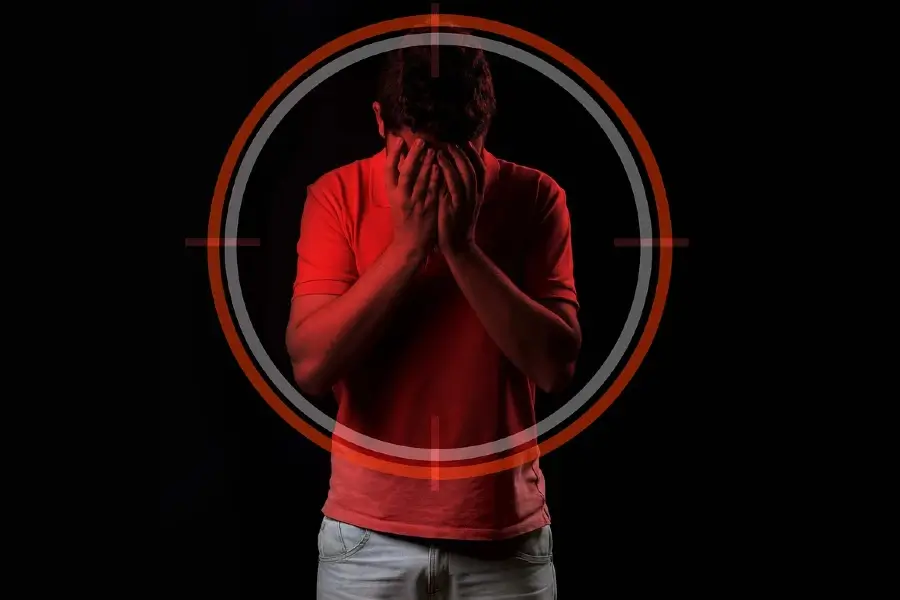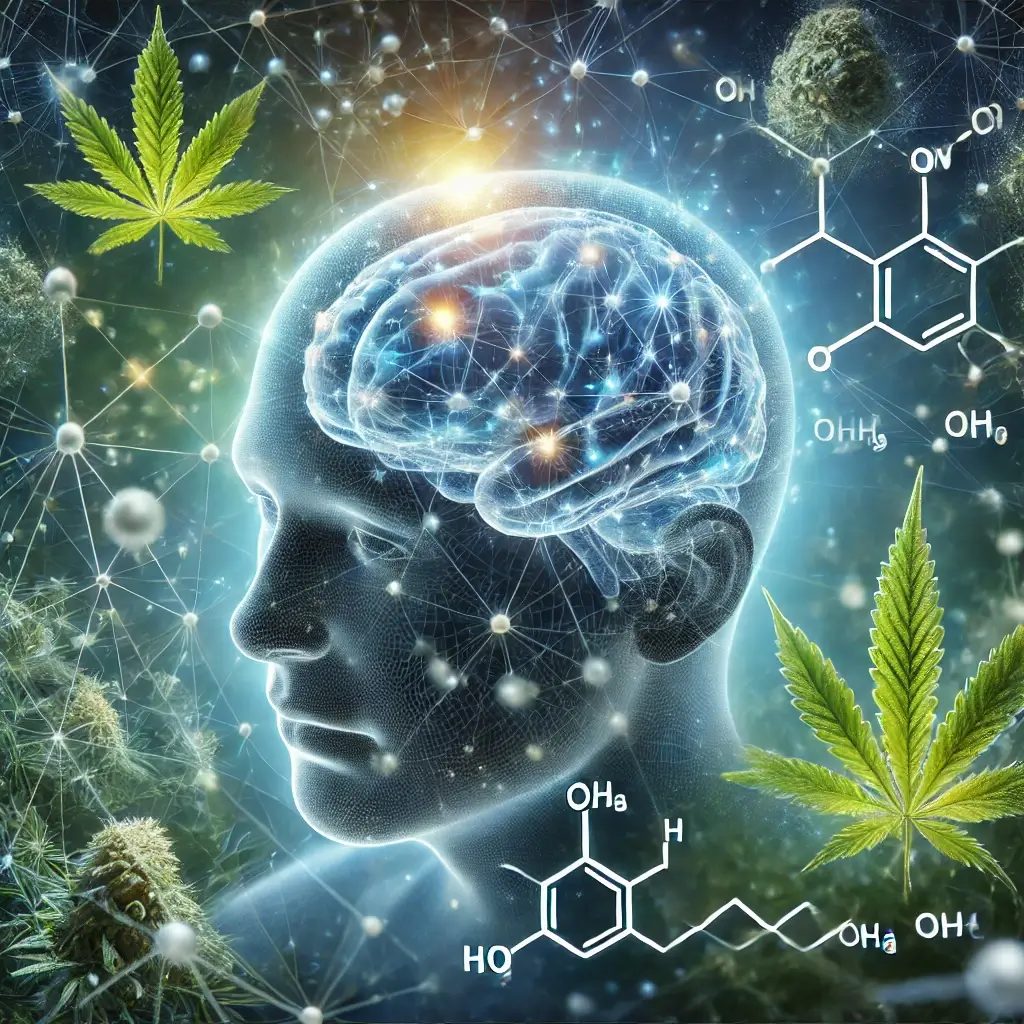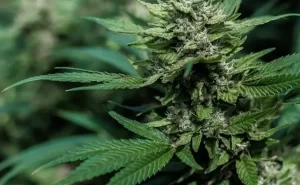Is it possible to overdose on THC?
Even with chronic use, THC overdoses—marijuana’s primary psychoactive component—are extremely rare. However, excessive cannabis consumption can cause serious side effects such as increased anxiety or paranoia, psychotic symptoms (such as delusions and hallucinations), and elevated blood pressure or heart rate. These symptoms can result in seizures, hypertensive crises, or strokes.
Marijuana is significantly less dangerous than other illegal narcotics, such as heroin or cocaine. However, it does impair, especially when combined with other drugs or taken by people who already have certain medical conditions. For example, THC has the potential to impair driving abilities and trigger a relapse of schizophrenia symptoms.
THC quickly enters the brain after ingestion or smoking, causing euphoria, relaxation, and pain relief, among other psychotropic effects.
According to the National Highway Traffic Safety Administration, marijuana is the most commonly found psychoactive substance in drivers, second only to alcohol.
THC, the primary active ingredient in cannabis, enters the bloodstream and binds to endocannabinoid receptors in brain regions responsible for cognition, memory, pleasure, movement, and coordination. These receptors can be found in several brain regions, including the cerebral cortex, cerebellum, and basal ganglia. THC quickly enters the brain after ingestion or smoking, causing euphoria, relaxation, and pain relief, among other psychotropic effects.
Even though it is rare to overdose on THC, some people, particularly the young, the elderly, and those with pre-existing medical conditions such as lung or heart disease, may be concerned about taking too much of the drug. Individuals who consume edibles and other THC-laced items regularly should exercise extreme caution due to the possibility of higher doses.
Rats were exposed to a variety of environmental factors for eight weeks, including clean air, modified marijuana devoid of all cannabinoids, aerosol (“vapor”) from the popular e-cigarette JUUL and the IQOS heated tobacco product, and Marlboro Red cigarette smoke, according to a new study from UCSF.
They discovered that smoke raised heart rates and blood pressure faster than vapor or non-smoked products.
Certain people with long-term illnesses or underlying conditions may require opioid assistance or medication to relieve symptoms.
Smoking has additional adverse effects on health. For example, it can irritate the nasal passages and throat, producing solid scents lasting longer than vapor. Tar and other carcinogens in cigarette smoke increase a person’s risk of cardiovascular disease and stroke, as well as harming the lungs and heart.
In the event of severe or potentially fatal symptoms, the first line of defense should be to call 911 and arrange for transportation to the hospital. Certain people with long-term illnesses or underlying conditions may require opioid assistance or medication to relieve symptoms.
Individuals suffering from mental health issues such as depression, anxiety, PTSD, ADHD, schizophrenia, or bipolar disorder should use cannabis with caution due to the potential for THC to exacerbate their symptoms. If they see a doctor, they will be able to learn how to control their consumption and get relief from any underlying health issues, such as sleep disturbances or digestive problems.













